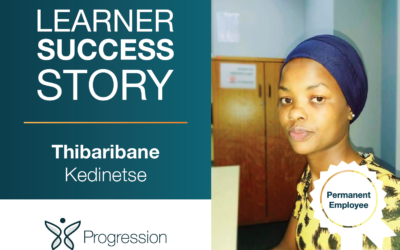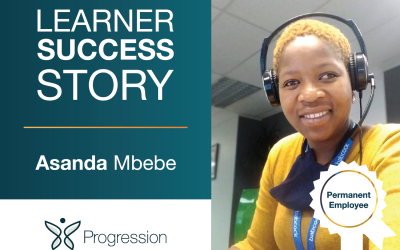Are you exploiting Disability Equity quotas to bolster your company’s BEE scorecard?
2 November 2011 – From the time of inception, broad-based black economic empowerment and employment equity legislation were put in place to drive meaningful transformation in a changing South African business environment. Furthermore, companies should use Disability Equity quotas to promote, manage and enhance the role that people with disabilities play within their organisations and not exploit gender to close any gaps in their overall equity numbers.
This is the opinion of Beth Cook, CEO of Progression, a specialised consultancy of professionals that have strategically advised on comprehensive equity solutions to the private and public sector, while successfully integrating people with disabilities into the workplace.
In accordance with the Employment Equity Act, most human resource departments in larger organisations recognise people with disabilities as priority candidates with regard to employment equity and transformation. In line with this legislation, many employers afford people with disabilities the opportunity of participating in learnerships to bolster their broad-based BEE scorecards.
However, Cook has noticed a disturbing trend develop, as these same employers frequently request only black female candidates with disabilities.
“I believe this group has been targeted to try and make up for the shortage of black females in their organisations,” she asserts. “In recent years, I’ve seen a massive demand for black females with disabilities for learnership programmes, as employers are able to gain so-called bonus points.”
While points for the employment and skills spend on a black person with a disability – coupled with further points for gender adjustment for females – can improve a company’s scorecard, it can also present a skewed picture of the facts and betrays the spirit of transformation in South Africa.
“It is my view that overall gender adjustment shouldn’t apply when employing people with disabilities,” she says. “This group has historically been the most marginalised group and quotas should be relative to the demographics of black people with disabilities in South Africa. We can all agree that this certainly isn’t 100% female.”
However, Cook does see an honest Disability Equity Audit as the first step to an equitable solution to the current imbalances in the workplace.
“We understand that an organisation must use sound business principles, they need to recognise that BEE is just one pillar,” says Cook. “At the end of the day, they must formulate their disability equity strategies on far-reaching and inclusive policies for all people with disabilities.”
With the right gap analysis and a thorough broad-based BEE scorecard assessment, she believes that organisations can make adjustments that will allow people with disabilities more inclusiveness and provide these individuals with far more well-balanced representation within the workplace.
Now more than ever, it is important to focus on awareness and education. Regular disability related communication and training should be a priority in all organisations. Senior management and human resource departments certainly have a role to play.
“Further education, building awareness and nurturing sensitivity within the higher levels of an organisation is critical if we are to break down possible barriers-to-entry and address the often unintentional discrimination that may exist for people with disabilities,” Cook concluded. “Sometimes it is necessary to bring in external recruitment consultants – and this is the space where we have seen our company to be particularly valuable.”






